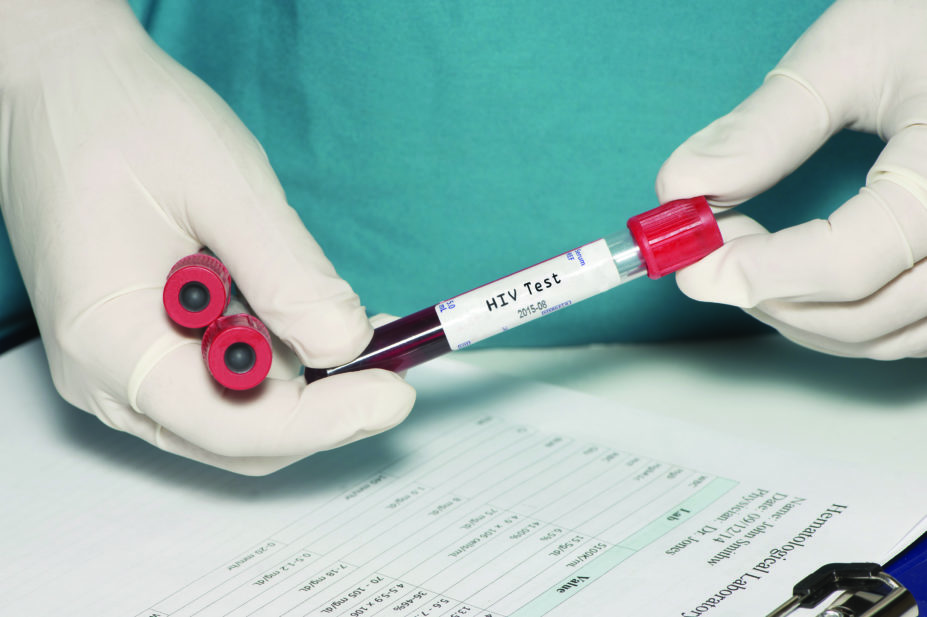
Shutterstock.com
Public Health England (PHE) has hailed the UK’s efforts to prevent the spread of HIV a success, as the number of new patients diagnosed with the infection continues to decline.
In a report published on 29 November 2018, PHE said the UK had met all of the targets set by the UN to promote HIV prevention, adding that the UK should “identify new priorities that, if achieved, could accelerate the falls in HIV transmission that are well underway”.
Against the UN’s 90-90-90 targets (that 90% of those living with HIV are diagnosed; 90% of people diagnosed were receiving treatment; and 90% of those being treated were virally suppressed), in 2017, 92% of people living with HIV in the UK had been diagnosed, 98% of those diagnosed were receiving treatment and 97% of people receiving treatment were virally suppressed.
Meanwhile, the report also found that new HIV diagnoses continued to decline, falling 17% from 5,280 in 2016 to 4,363 in 2017.
The report said: “This decline is due to a sharp decrease in diagnoses among gay and bisexual men, and a more gradual decline in diagnoses in heterosexual men and women.”
However, PHE added that there continues to be “missed opportunities for early diagnosis that can help people with HIV live a long and healthy life”.
According to the report, 43% of diagnoses were made at a late stage of HIV infection, which increases the “risk of passing on HIV to partners”.
Noel Gill, head of sexually transmitted infections and HIV at PHE, said that although prevention efforts are working, “efforts must continue apace in order to eliminate HIV”.
He added: “With an estimated 8,000 people still unaware of their infection, it is vital that people seek out an HIV test if they consider themselves at risk, or accept the offer of a HIV test by a healthcare professional, as early diagnosis is key to stopping transmission.”


